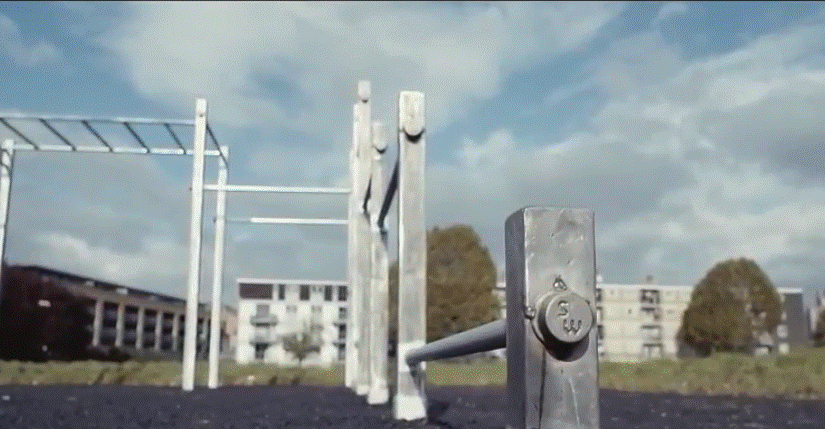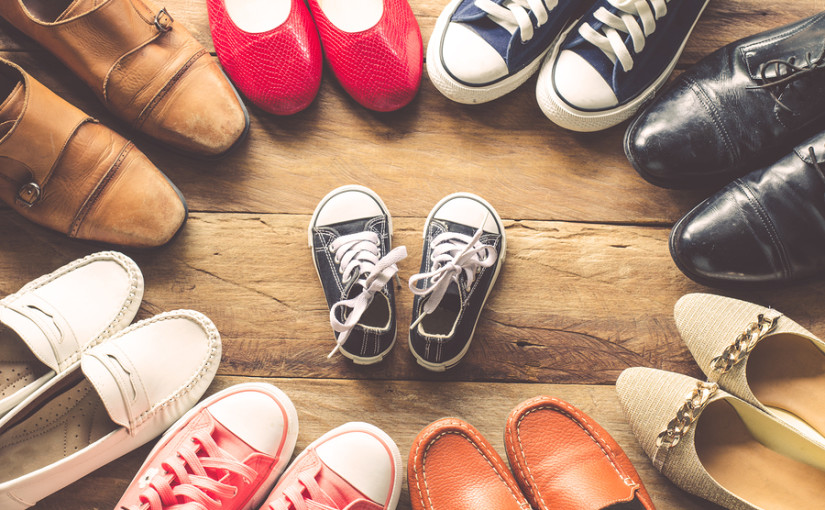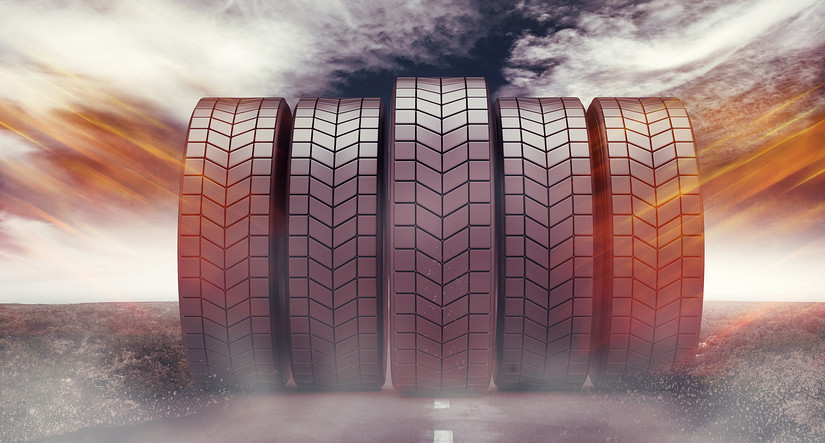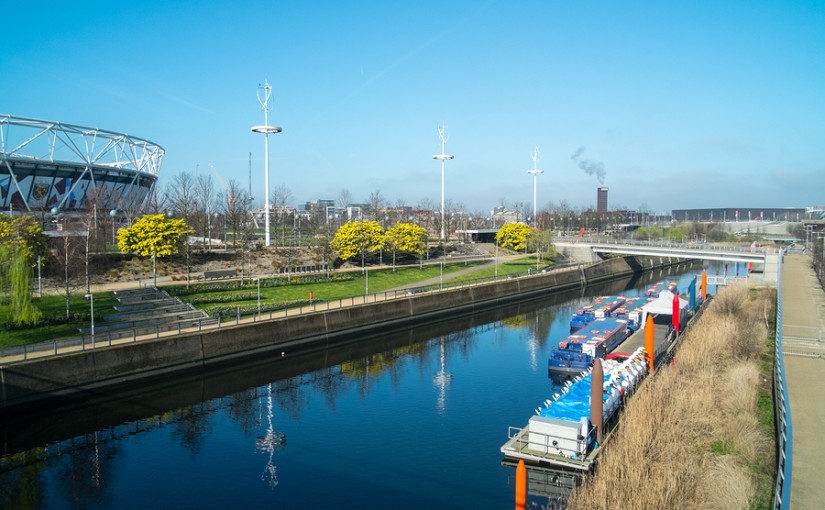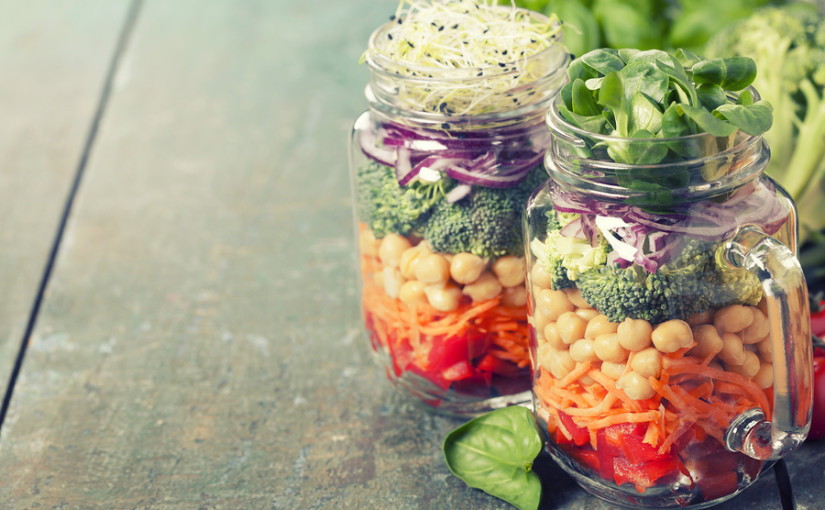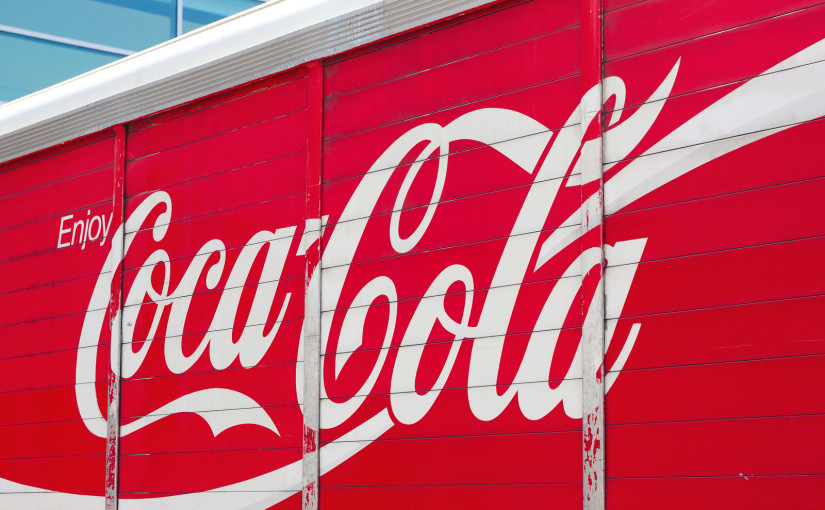This competition has now closed. Thank you to all who entered.
September means Zero Waste Week – a week we love, and always get involved with. Alongside sharing relevant content all week on our social channels this year, we decided it would also be fun to give away a Zero Waste Lunch Kit.
Of all the zero waste challenges in life, lunch is a big one. After all, how many of us grab lunch from a local shop or café, which involves all manner of ‘single-use’ plastics? Even if you pack your own lunch at home, avoiding waste can be very tricky unless you plan it well – many people use cling film, foil, and sandwich bags, purely out of habit.
So, how can you pack a zero waste lunch? With a zero waste lunch kit, of course! With the right kit, you can easily pack a lunch at home, avoiding all unnecessary waste.
Continue reading Zero Waste Week 2017: Win a zero waste lunch kit!

